If you believe that their real intention is to kill you, it isn't unreasonable to believe that they would lie to you
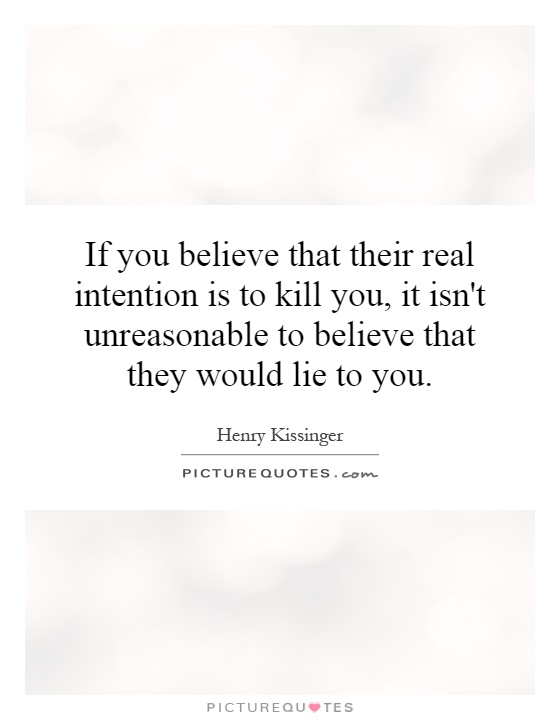
If you believe that their real intention is to kill you, it isn't unreasonable to believe that they would lie to you
Henry Kissinger, the former United States Secretary of State and National Security Advisor, is a figure who has been both revered and reviled for his actions and policies during his time in office. Known for his realpolitik approach to foreign policy, Kissinger was often seen as a master of diplomacy and negotiation. However, his critics have accused him of being manipulative and deceitful in pursuit of his goals.The quote, “If you believe that their real intention is to kill you, it isn't unreasonable to believe that they would lie to you,” can be applied to Kissinger in the context of his actions during the Vietnam War and the secret bombing of Cambodia. Many have argued that Kissinger’s real intention during this time was to secure American interests in the region, even if it meant resorting to deceit and manipulation.
Kissinger’s role in the Vietnam War and the secret bombing of Cambodia has been a subject of controversy and debate for decades. Critics have accused him of lying to the American public and Congress about the extent of U.S. involvement in Cambodia, as well as the number of civilian casualties caused by the bombing campaign. In his pursuit of victory in Vietnam, Kissinger was willing to deceive others in order to achieve his goals.
The quote also speaks to the idea that in times of conflict and war, individuals may resort to deception in order to protect themselves or their interests. Kissinger’s actions during his time in office can be seen as a reflection of this reality. In a world where power and influence are often at stake, the temptation to lie and manipulate others can be strong.
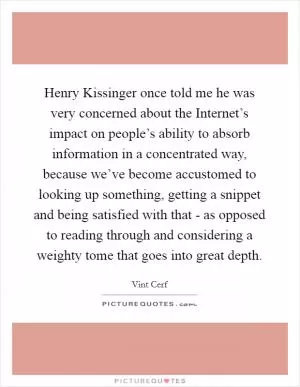




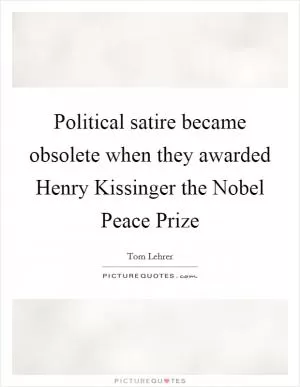

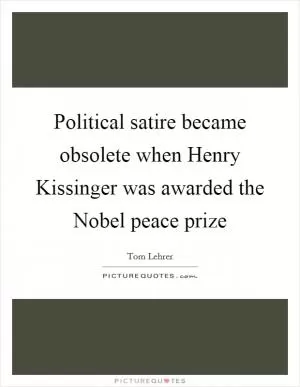

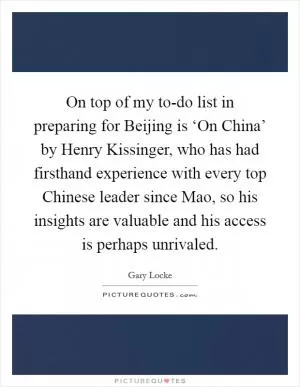
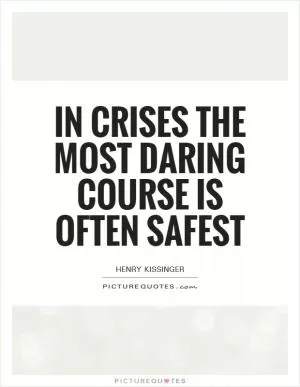

 Friendship Quotes
Friendship Quotes Love Quotes
Love Quotes Life Quotes
Life Quotes Funny Quotes
Funny Quotes Motivational Quotes
Motivational Quotes Inspirational Quotes
Inspirational Quotes